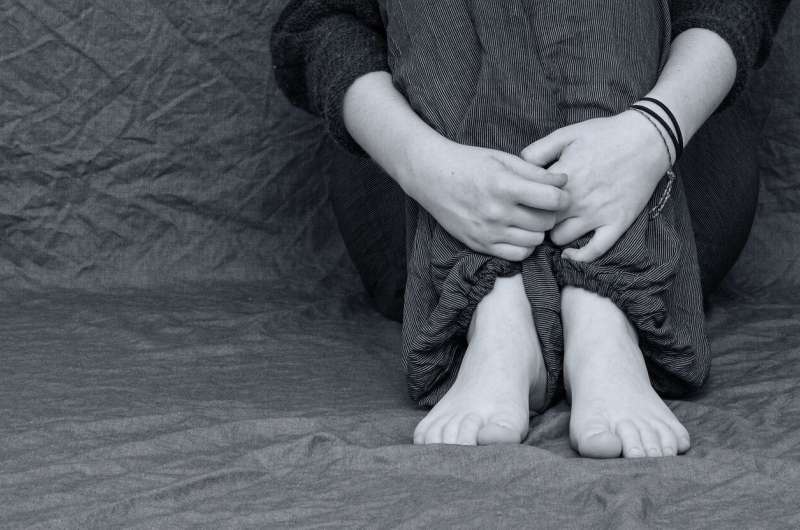Benefits of a psychotherapeutic approach for chronic depression fade after two years

A study published in the latest issue of Psychotherapy and Psychosomatics indicates that the benefits of a specific psychotherapeutic approach may disappear after two years from the conclusion of the psychotherapy.
Evidence on the long-term efficacy of psychotherapeutic approaches for chronic depression is scarce. The goal of the trial was to evaluate the effects of the Cognitive Behavioral Analysis System of Psychotherapy (CBASP) compared to Supportive Psychotherapy (SP) 1 year and 2 years after treatment termination.
This study presents the results of the 1- and 2-year follow-up assessments of a prospective, multicenter, evaluator-blinded, randomized clinical trial of outpatients with early-onset chronic major depression (n = 268). The initial treatment included 32 sessions of CBASP or SP over 48 weeks. The primary outcome was the rate of "well weeks" (Longitudinal Interval Follow-Up Evaluation; no/minimal symptoms) after 1 year and 2 years. The secondary outcomes were, among others, clinician- and self-rated depressive symptoms, response/remission rates, and quality of life.
Of the 268 randomized patients, 207 (77%) participated in the follow-up. In the intention-to-treat analysis, there was no statistically significant difference between CBASP and SP patients in experiencing well weeks and in remission rates in the 2 years after treatment. Statistically significant effects were found in favor of CBASP 1 year after treatment termination regarding the rate of well weeks, self-rated depressive symptoms, and depression-related quality of life.
CBASP lost its superiority over SP at some point between the first and the second year. This suggests the necessity of maintenance treatment for early-onset chronically depressed patients remitted with CBASP during the acute therapy phase.
More information: Elisabeth Schramm et al. Two-Year Follow-Up after Treatment with the Cognitive Behavioral Analysis System of Psychotherapy versus Supportive Psychotherapy for Early-Onset Chronic Depression, Psychotherapy and Psychosomatics (2019). DOI: 10.1159/000500189
















